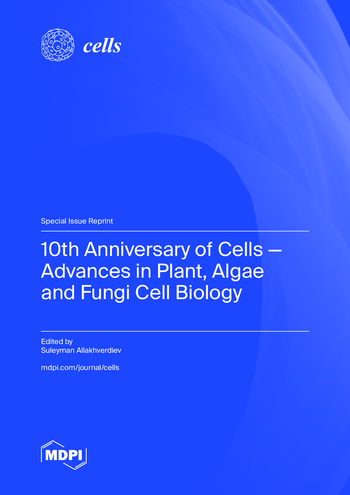Concurrent Oncolysis and Neurolesion Repair by Dual Gene-Engineered hNSCs in an Experimental Model of Intraspinal Cord Glioblastoma
IF 5.1
2区 生物学
Q2 CELL BIOLOGY
引用次数: 0
Abstract
Intramedullary spinal cord glioblastoma (ISCG) is lethal due to lack of effective treatment. We previously established a rat C6-ISCG model and the antitumor effect of F3.CD-TK, an hNSC line expressing CD and TK, via producing cytocidal 5FU and GCV-TP. However, the neurotherapeutic potential of this hNSC approach has remained uninvestigated. Here for the first time, cultured F3.CD-TK cells were found to have a markedly higher oncolytic effect, which was GJIC-dependent, and BDNF expression but less VEGF secretion than F3.CD. In Rowett athymic rats, F3.CD-TK (1.5 × 106 cells/10 µL × 2), injected near C6-ISCG (G55 seeding 7 days earlier: 10 K/each) and followed by q.d. (×5/each repeat; i.p.) of 5FC (500 mg/kg/5 mL/day) and GCV (25 mg/kg/1 mL/day), robustly mitigated cardiorespiratory, locomotor, and sensory deficits to improve neurofunction and overall survival compared to animals receiving either F3.CD or F3.CD-TK+F3.CD debris formula. The F3.CD-TK regimen exerted greater tumor penetration and neural inflammation/immune modulation, reshaped C6-ISCG topology to increase the tumor’s surface area/volume ratio to spare/repair host axons (e.g., vGlut1+ neurites), and had higher post-prodrug donor self-clearance. The multimodal data and mechanistic leads from this proof-of-principle study suggest that the overall stronger anti-ISCG benefit of our hNSC-based GDEPT is derived from its concurrent oncolytic and neurotherapeutic effects.双基因工程 hNSCs 在脊髓内胶质母细胞瘤实验模型中的并发肿瘤溶解和神经细胞修复作用
髓内脊髓胶质母细胞瘤(ISCG)因缺乏有效治疗而致死。我们之前建立了大鼠 C6-ISCG 模型,并建立了表达 CD 和 TK 的 hNSC 株 F3.CD-TK,通过产生杀细胞的 5FU 和 GCV-TP 发挥抗肿瘤作用。然而,这种 hNSC 方法的神经治疗潜力仍未得到研究。在这里,我们首次发现培养的 F3.CD-TK 细胞比 F3.CD 细胞具有更高的溶瘤效应(GJIC 依赖性)和 BDNF 表达,但 VEGF 分泌较少。在 Rowett 无胸腺大鼠中,在 C6-ISCG 附近注射 F3.CD-TK(1.5 × 106 cells/10 µL × 2)(G55 7 天前播种:10 K/只),然后 q.d. (×5/只重复;i.p.与接受 F3.CD 或 F3.CD-TK+F3.CD 残片配方的动物相比,接受 F3.CD-TK+F3.CD 残片配方的动物能有效缓解心肺功能、运动和感觉缺陷,改善神经功能和总体存活率。F3.CD-TK方案具有更强的肿瘤穿透性和神经炎症/免疫调节作用,重塑了C6-ISCG拓扑结构,增加了肿瘤的表面积/体积比,以保留/修复宿主轴突(如vGlut1+神经元),并且具有更高的药后供体自清除率。这项原理验证研究的多模式数据和机理线索表明,我们基于 hNSC 的 GDEPT 更强的抗ISCG 整体效益来自于它同时具有的溶瘤和神经治疗作用。
本文章由计算机程序翻译,如有差异,请以英文原文为准。
求助全文
约1分钟内获得全文
求助全文
来源期刊

Cells
Biochemistry, Genetics and Molecular Biology-Biochemistry, Genetics and Molecular Biology (all)
CiteScore
9.90
自引率
5.00%
发文量
3472
审稿时长
16 days
期刊介绍:
Cells (ISSN 2073-4409) is an international, peer-reviewed open access journal which provides an advanced forum for studies related to cell biology, molecular biology and biophysics. It publishes reviews, research articles, communications and technical notes. Our aim is to encourage scientists to publish their experimental and theoretical results in as much detail as possible. There is no restriction on the length of the papers. Full experimental and/or methodical details must be provided.
文献相关原料
| 公司名称 | 产品信息 | 采购帮参考价格 |
|---|
 求助内容:
求助内容: 应助结果提醒方式:
应助结果提醒方式:


